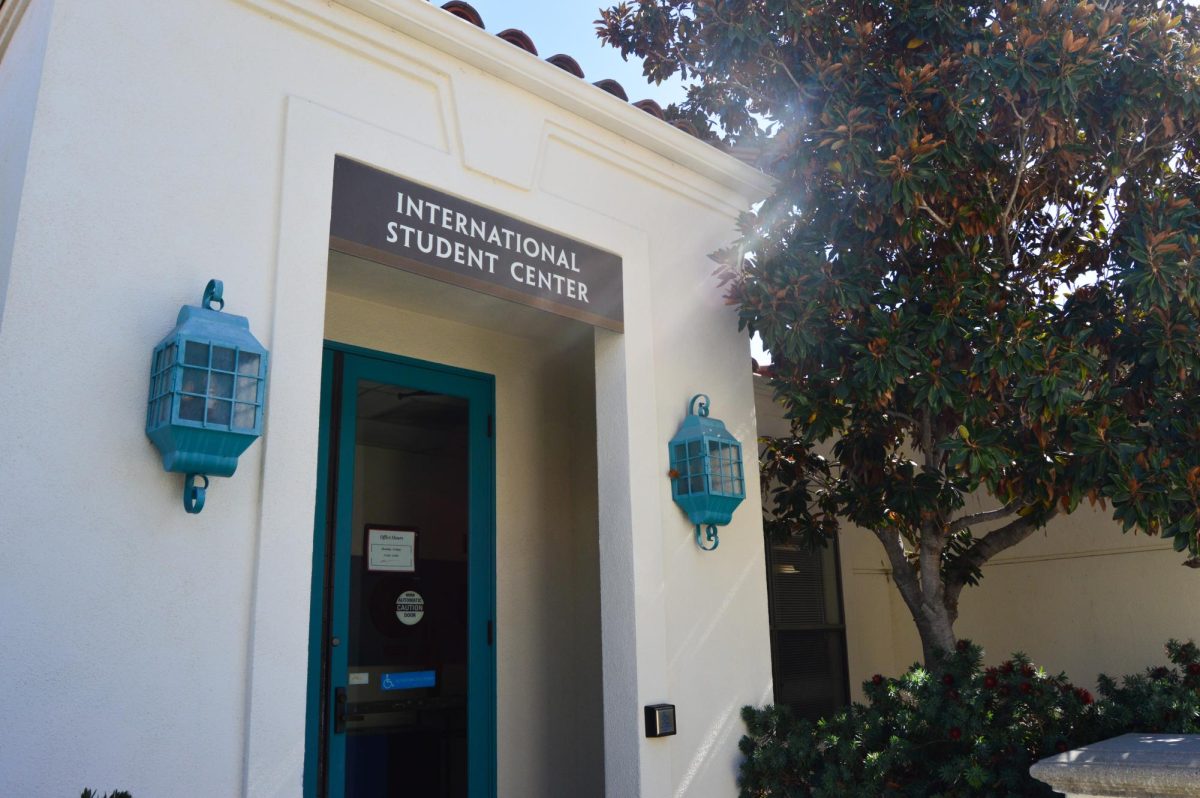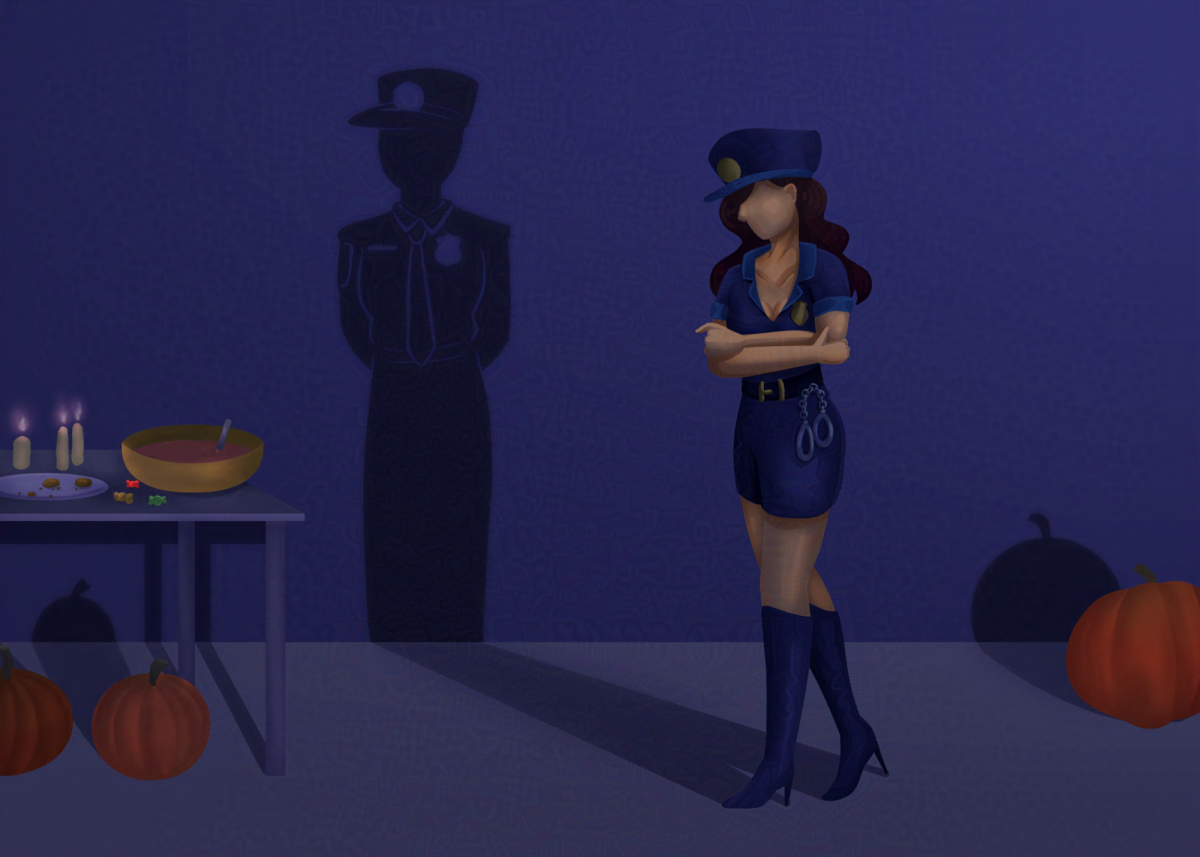Many college football players watched in amazement as NFL players joined in solidarity with former pro quarterback, Colin Kaepernick. The man who pioneered the movement a year ago within football against the injustice plaguing black and brown people in America.
Many expressed admiration for the professional football players who took a knee and noted the courage these players had to unite against an oppressive system even when the president criticized their actions.
It begs the question — would San Diego State football players do it too?
The national anthem plays before the team takes the field in most college football games.
But, if there was a strong desire to make a statement and unite against an oppressive system that impacts more than 50% of players on the football team, couldn’t they make it happen? Even if it meant simply taking a knee during the national anthem? Or at the least, raising a fist or linking arms?
Most college football organizations, operate off of the “football first, everything else after” system. This means there isn’t time to do anything that isn’t football related.
No, not even protesting against a system that disadvantages over half of the players on the team.
When you’re an athlete, time spent fighting against a system that personally affects you means less time focusing on winning games.
As these past few weeks have shown, protesting can alienate fans and cost owners money from individuals who spend hundreds of dollars every season in support.
Too many football coaches, owners, fans and sponsors don’t care about the well-being of these men — they want them to shut up, throw the ball around and entertain them. Though these people make a ton off of black bodies each year, they are no more than a check.
Many athletes have been able to use football as a method of escape. Some flee their hometowns in search of the possibility of a better life. Some accept athletic scholarships with no intention of going pro, but rather as a means of pursuing a career.
With that in mind, it isn’t too difficult to understand why many college athletes would hesitate before taking that knee or raising a fist.
For many that could mean back to crime-ridden neighborhoods where they’re forced to look over their shoulder at every corner, poverty and/or unhealthy family relationships.
There’s a lot to lose.
Kaepernick lost his career, but unlike many college athletes, he had an advantage. When he made the decision to protest, he was established, well-known and rich.
College athletes, like other students, sometimes struggle with making ends meet. In fact, their situation could be considered worse, given that their busy schedule prevents them from being able to work a part-time job.
They don’t enjoy the luxury that Kaepernick has.
The luxury that made it a bit easier for him to take the knee.
Still, Kaepernick’s sacrifice shouldn’t be forgotten. This sacrifice gave many of us the courage to speak a little louder and demand the respect we are owed.
The attention Kaepernick has brought onto the NFL isn’t the the publicity it wants.
Even pro athletes must remember that wealth, fame and stature do not transcend racism in America. Athletes, like any other black and brown person in this country, are at war with the same oppressive structures put in place more than 300 years ago. Despite this, they have the ability to use their platform to inspire change and evoke dialogue.
All athletes should reject being objectified. Their purpose is not just to boost a university’s status or increase revenue. They should not conform to being treated like slaves. Remember that athletes are human beings first.






